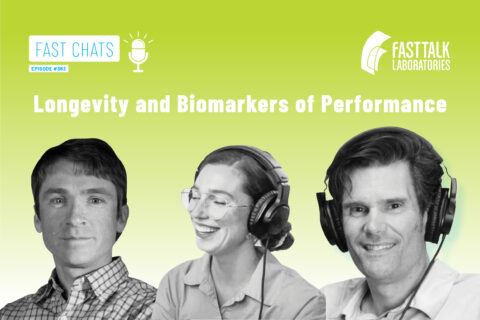
Longevity and Biomarkers of Performance
In this episode, we take a critical look at the longevity movement and explore the most valuable—yet elusive—biomarkers for athletes.

In this episode, we take a critical look at the longevity movement and explore the most valuable—yet elusive—biomarkers for athletes.
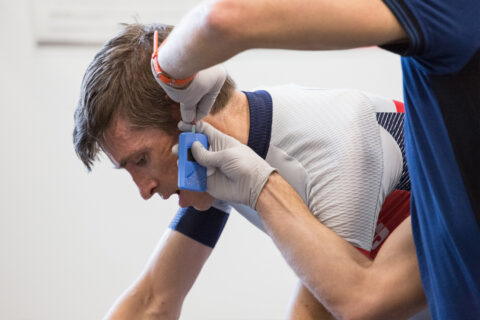
Learn how to interpret lab and field test results, communicate what they mean, and use test results to guide more precise, personalized training.
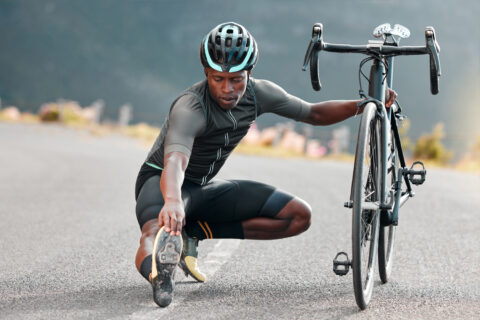
Set your athletes up for peak performance, before and after the race with science-backed warm-ups and cooldowns.

See how to put the best practices for daily, weekly, periodic, and seasonal recovery into practice to build performance gains faster.
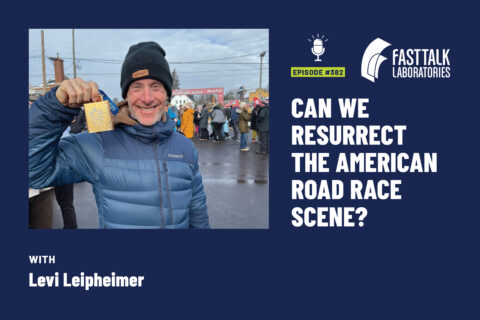
Leipheimer talks with our team about how a new racing model used at the Levi Fondo may be the future of domestic racing.
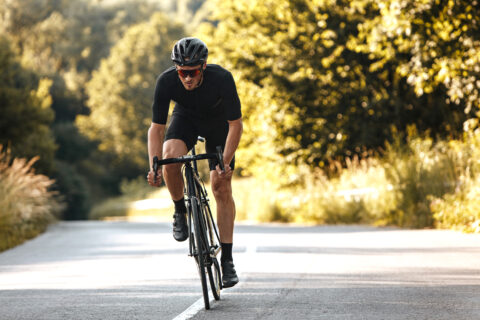
By stringing together several days of high-intensity training, then adequately recovering, overload blocks can produce big gains.
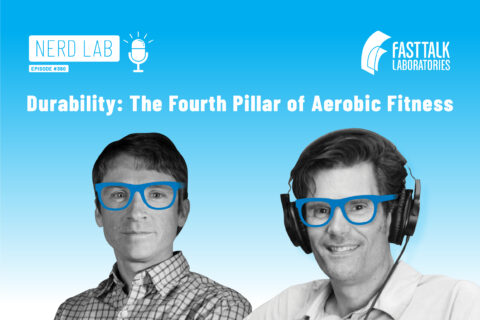
Coaches have known about the importance of durability for years, but researchers are only just starting to catch up. We discuss why it is the fourth pillar of performance.
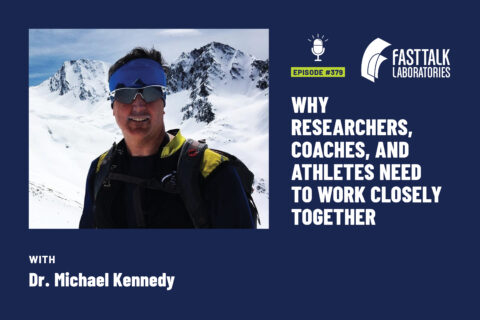
We talk with Dr. Michael Kennedy about his work trying to bridge the knowledge-practice gap between researchers and practitioners.
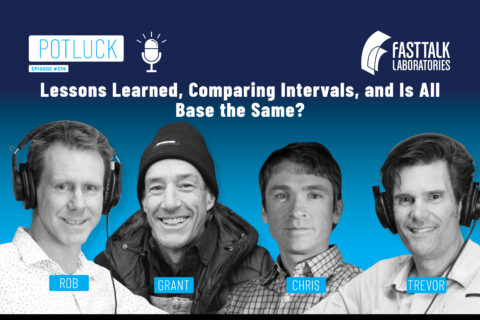
In this week’s potluck episode, we discuss lessons learned from big events, the difference between over-under’s and true HIIT intervals, and whether all base training is made equal.
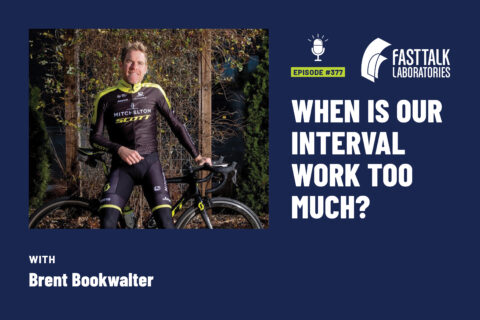
Brent Bookwalter talks with us about the importance of balancing physical and mental resources to get our workouts just right.
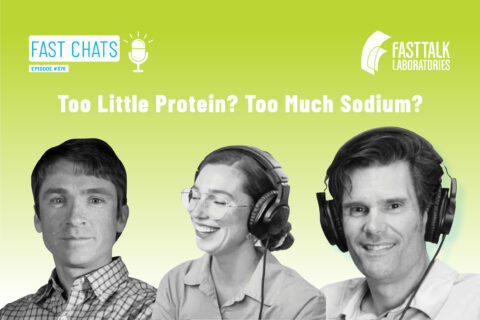
Two nutritional trends have serious health and performance consequences. We discuss the why, what, and how of protein and sodium intake.
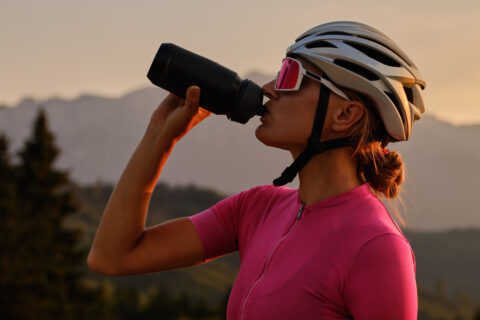
This online course examples hydration in detail, providing coaches with a science-based hydration playbook that dispels the myths and offers clear guidance on this surprisingly complex topic.
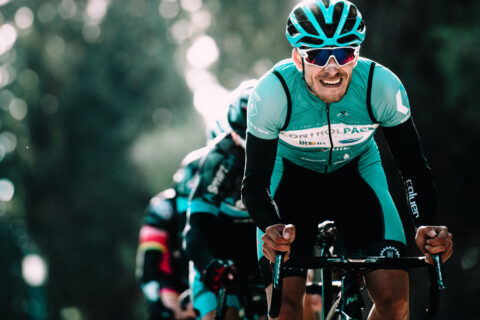
This online course reveals the strategies top coaches use to craft smarter, more effective interval sessions based on exercise physiology.

This online course shows how to analyze training and racing data effectively and efficiently to help athletes improve endurance sports performance.
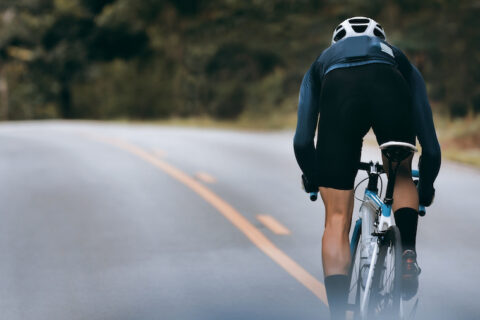
Doing more sprint work and cadence drills on your rides could lead to substantial performance gains.
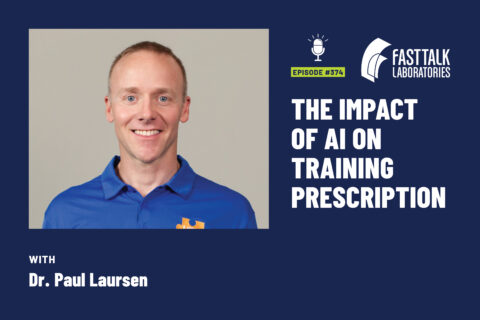
The world of AI is changing extraordinarily fast. We spoke with Dr. Paul Laursen about the current challenges and developments of the technology.
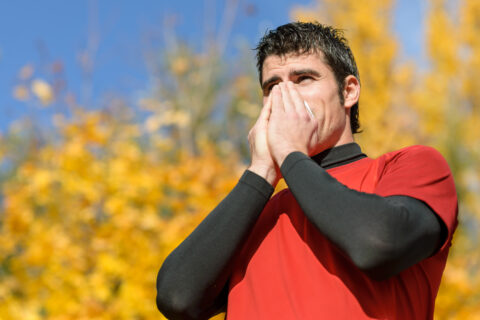
The closer we get to peak fitness, the more vulnerable we may become to illness. We explore how to prevent illness, and how to train effectively when it strikes.
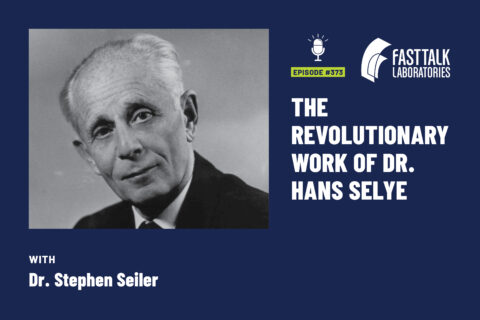
Dr. Stephen Seiler joins us to talk about one of the biggest influences on his own work, Dr. Hans Selye who’s been called the Einstein of the biological sciences.